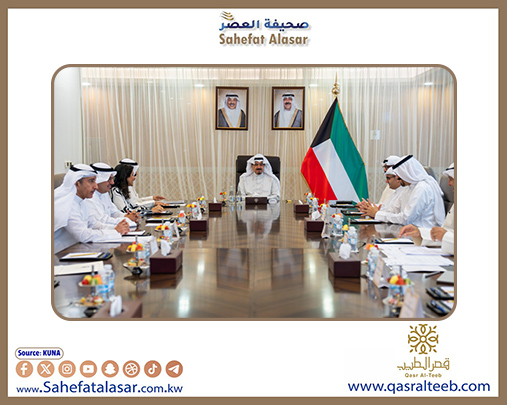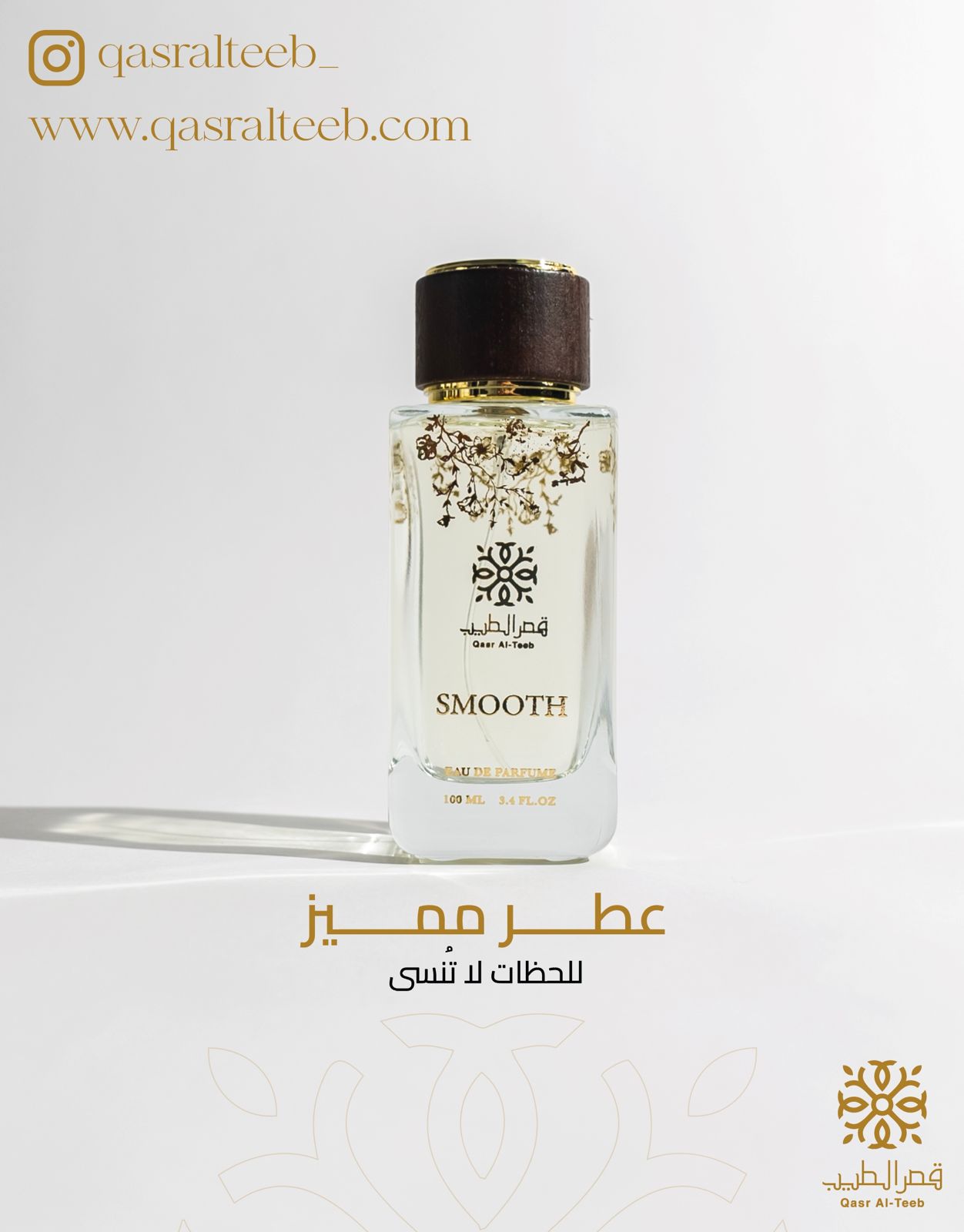


The Gulf Committee for Organ Transplantation discussed, this Thursday, the latest methods for developing organ transplant services, the most prominent logistical challenges of transferring organs between member states, and mechanisms for integrating organ exchange to ensure their optimal utilization and prevent any waste.
This took place during the meetings of the Gulf Committee for Organ Transplantation, which were held over two days in Bahrain with the participation of representatives from the health ministries and medical centers of the Gulf Cooperation Council (GCC) countries.
The committee emphasized the necessity of enhancing cooperation among member states in organ transplantation, supporting prevention efforts, and elevating the level of public health and well-being in Gulf societies. This supports achieving a qualitative shift in the level of healthcare and grants needy patients new opportunities for life.
The meetings reviewed successful experiences in the field of organ transplantation, particularly those that expanded the scope of beneficiaries through inter-family organ exchange programs. They also reviewed updates to the Gulf Health Council's 2023-2026 strategic plan, which includes qualitative initiatives and innovative solutions at both the regional and international levels. This contributes to developing a unified Gulf platform for organ transplantation and unifying related regulations and policies to facilitate exchange procedures between member states.
